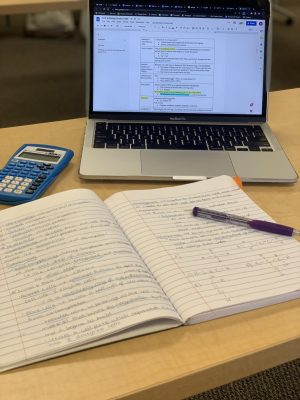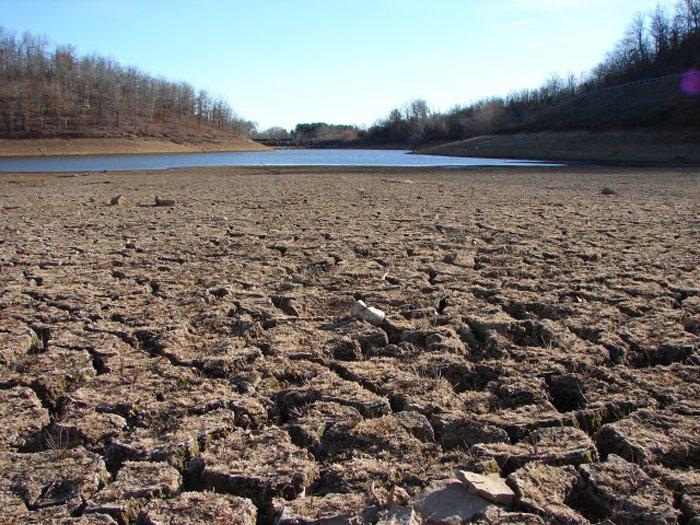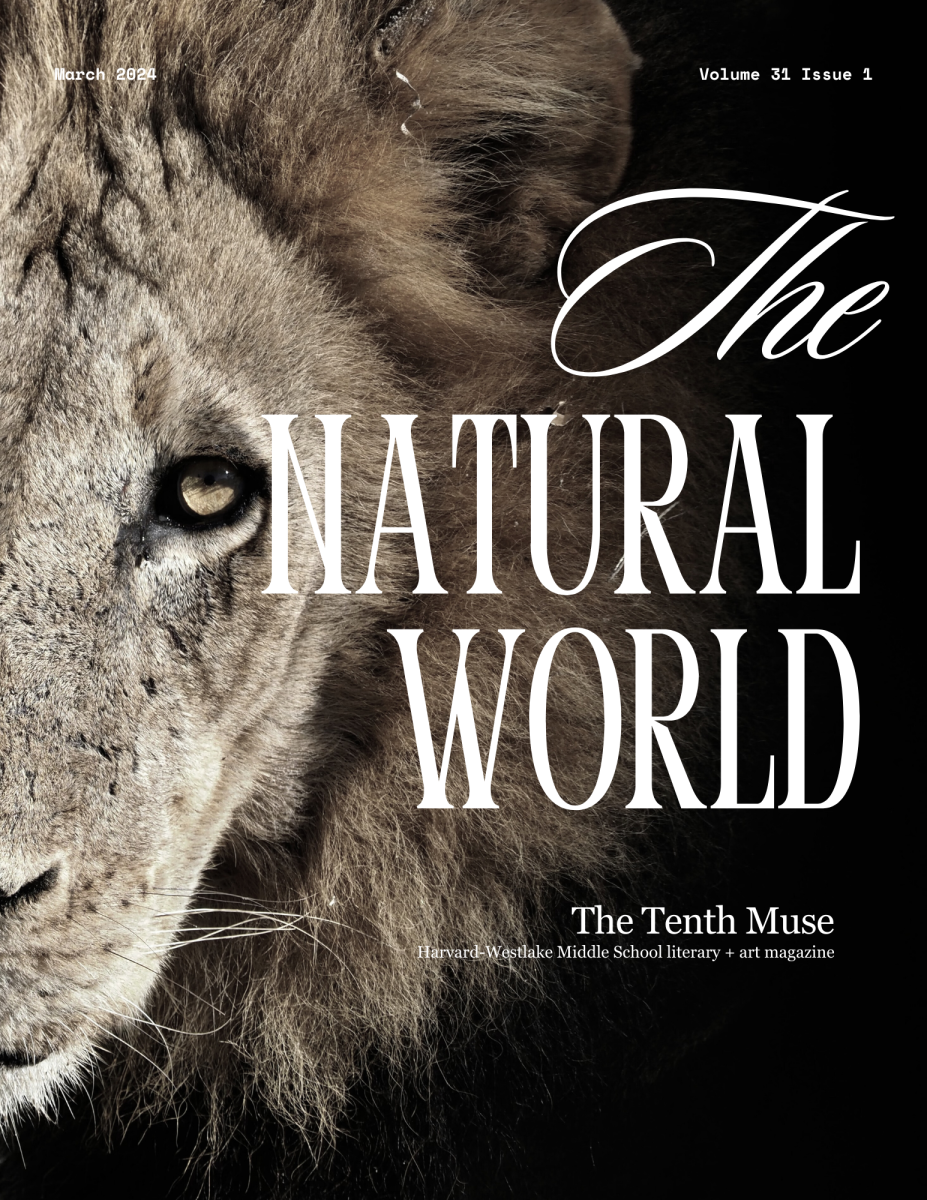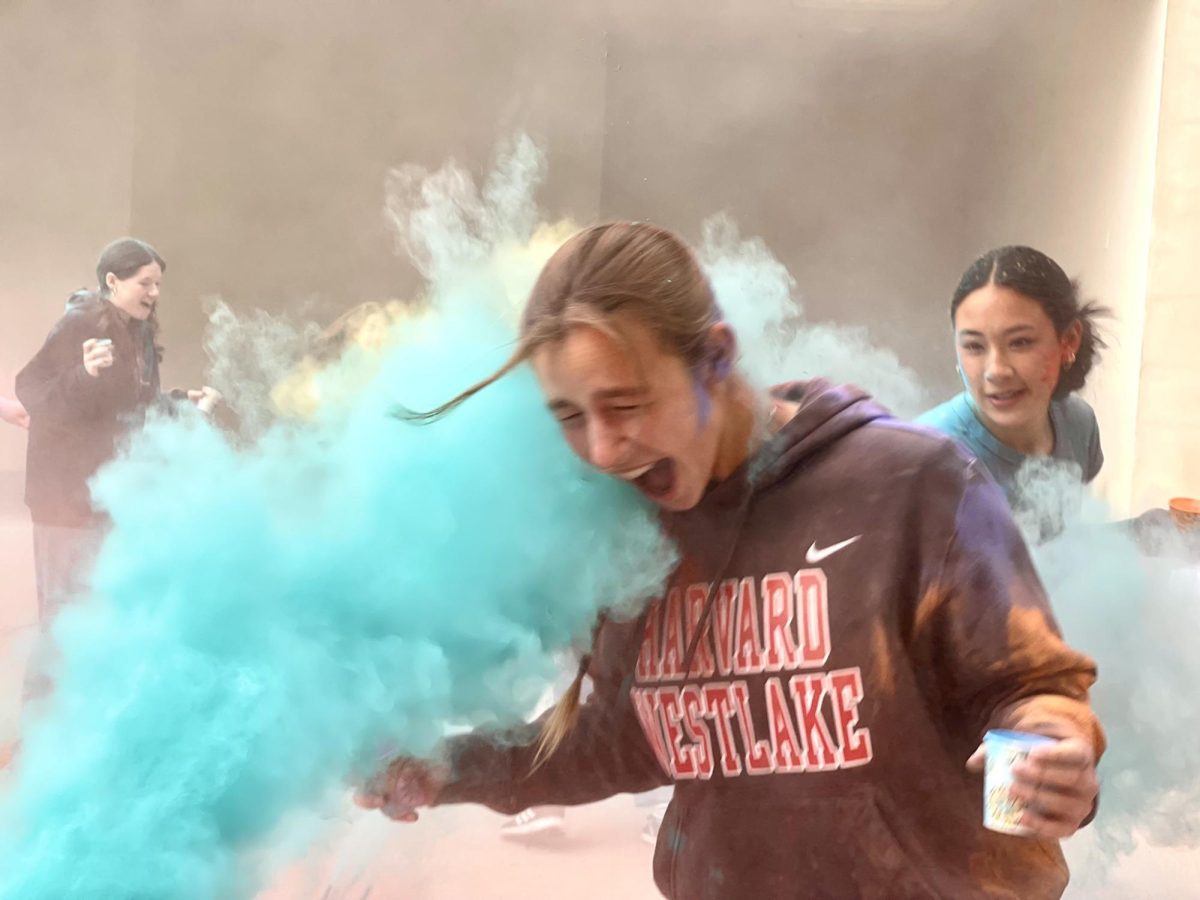One windless morning in Pasadena, Lucas Lee ’21 woke up to a bloody orange sun and the stagnant smell of smoke from the night before. The rest of the day he spent cooped up inside, quarantining from a pandemic and cool from the dessert-like heat outside. Lee described the setting as almost apocalyptic as the wildfires, pandemic and climate change were appearing in his life in more prevalent ways.
Arden Doyle ’24, president of the Social Justice Club at the Middle School, highlighted the precedence of climate change amidst multiple societal issues her generation faces.
“I understand that, between the pandemic, abundance of hatred and global warming, it seems as though we’ve become buried in problems, Doyle said. “These are all problems we could’ve dealt with earlier, and yet, it’s our generation’s problem now.”
Fallon Dern ’23, president of the Environmental Club at the Upper School, said that in the presence of COVID-19, activists must find new ways to interact.
“We can’t join together in the ways imagined. Instead, experiencing one’s own life with complete authenticity and genuine support for their cause can be just as effective,” Dern said. “These will be the next generation’s problems too, so live in a way you’ll be proud of.”
Due to quarantining, Dern said she observed fewer students going out and a decrease in transportation. However, she said that this reduction in carbon emissions is not likely to have a significant effects on climate change.
“For the United States, I imagine our carbon footprint will be the same,” Dern said. “Many have ‘returned to normal’ despite the increase in COVID-19 cases, and the care or lack thereof of ourselves and our Earth is bound to catch up with us soon.”
While transportation has decreased because of stay at home orders, the reduction in carbon dioxide emissions are not predicted to have large impacts. According to the Intergovernmental Panel on Climate Change (IPCC), lowering carbon dioxide emissions can help reduce climate change but it will take drastic reductions to see big changes.
The National Centers for Environmental Information (NCEI) measures an increase or decrease in global surface temperature as anomalies compared to the average surface temperature from 1910 to 2000. In the United States, four billion people’s travel was less than 50 percent than their usual in April when social distancing started, according to Google Mobility data. The average carbon dioxide emissions in individual countries decreased by 26 percent at its highest point according to a study led by Corinne Le Quéré that was published in the Nature Climate Change research journal.
Scientists have calculated that to limit climate change to only 34.7 degrees Fahrenheit above the pre-industrial average (1850-1900), overall emissions would have to be reduced by 7.6 percent each year for at least the next decade. To achieve this goal and bring climate change to a complete halt, congressional representatives created the Green New Deal, led by Representative Alexandria Ocasio-Cortez of New York and Senator Edward J. Markey of Massachusetts.
The deal plans to meet a goal of having net zero emissions by 2050, create high paying jobs in the renewable energy industry and make clean water and air basic human rights. Some refer to the deal as radical because of the thirty year mobilization period and high price tag.
Doyle said that she expects the plans to have beneficial outcomes in achieving their intended goals.
“I think the two plans are very well thought out, and will have a positive effect on the environment if people are willing to implement changes,” Doyle said. “I am in support of both plans, and think that if we wait longer before implementing serious changes, our current state will only get worse. I also think the bill was written by two very competent Senators that have a good understanding of the climate crisis.”
Dern said that the bill serves an essential purpose no matter your political stance.
“The only thing radical about the New Green Deal is that our country hasn’t gotten on board,” Dern said. “I think it’s essential that these changes are made, regardless of whether or not you ‘believe’ in them. The worst that could happen, if climate change is a hoax, is that our planet is a little prettier. The most that could happen, because climate change is real, is that we prevent our rapidly approaching demise.”
As for the efficacy of the bill once passed, Doyle says that it seems to be effective and beneficial with little repercussions.
“I think there are very few negative consequences,” Doyle said. “Although the initial cost of transition to sustainable energy, on a long term scale switching to renewable energy will end up being cheaper. I also think it is great that these two plans bring more jobs.” The initial cost of the deal will be 93 trillion dollars according to the American Action Forum. .
The creation of jobs as a result of the bill was also echoed by Dern as she said the New Green Deal represents a crucial attempt for change.
“In a perfect world, jobs lost due to COVID-19 could be replaced with new, green jobs,” Dern said. “Our planet is vast and our economy is incredibly complicated as it is. However, what we know about our economy has been flipped upside down already. I don’t think that the New Green Deal would make things worse, and, even if environmental changes were to occur, it’s never too late to try. And, as well, the idea of being in my twenties watching the planet burn helplessly sounds miserable.”
Despite the optimism for the deal, Doyle is not as hopeful for a short turnaround to change.
“I think it will be incredibly hard to make a 30 year transition, and feel that many have their doubts about the time frame,” Doyle said. “I would hope we would be able to transition in the next five years, but I don’t see that to be possible. I think many are opposed to the amount that will be spent on these changes, and feel as if the government isn’t spending tax dollars wisely.”
As for changes students can make in their own personal lives while they wait for the deals to kick in, Dern suggests to do as much as possible to manage our individual footprints during the pandemic.
“There are plenty of ways to go green during quarantine,” Dern said. “I have friends who’ve grown gardens, bike everywhere, repurpose old clothing to make masks, switched to reusable water bottles, and, my personal favorite, hold their breath for 10 seconds every morning to prevent carbon emissions.”











